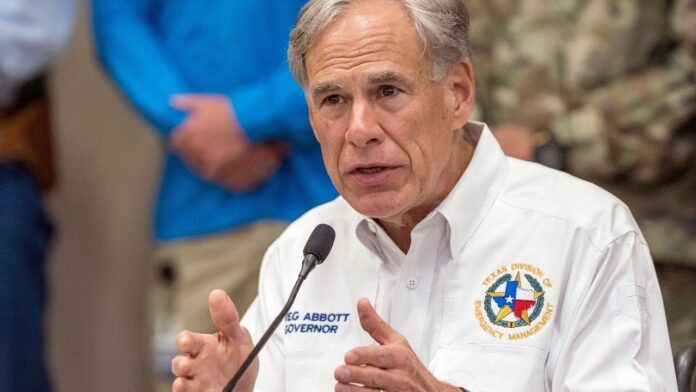Texas Governor Greg Abbott has called for a special legislative session to address flood preparedness and emergency response across the state. His move comes after more than 100 people died and nearly 200 were reported missing following severe flash floods during the July Fourth holiday in the Texas Hill Country.
The disaster was triggered by intense rainfall near the Guadalupe River, causing it to rise nearly 30 feet in just 45 minutes. The flood swept through several counties, destroying homes and claiming dozens of lives, including 27 campers at a youth camp along the river.
Many residents said they received little or no warning before the flood hit. The National Weather Service confirmed that alerts had been issued about 12 hours before the flooding, but described the warnings as only “moderate.” This has fueled criticism of the state’s emergency alert system.
Abbott’s proclamation calls for new legislation to improve early warning systems, strengthen emergency communications, and provide relief funding. It also aims to cut red tape that slows down disaster response and recovery. The session will also cover unrelated issues, including education, taxes, abortion, crime, elections, and hemp regulations.
At a news briefing on Saturday, Homeland Security Secretary Kristi Noem admitted the federal weather alert system is outdated. She said plans are underway to upgrade the National Weather Service and NOAA’s technology, which she called “ancient” and neglected. However, she did not give a timeline for the improvements.
Critics remain doubtful. Some pointed to recent budget cuts that reportedly forced the National Oceanic and Atmospheric Administration to lay off hundreds of workers. While Democrats estimate that over 880 staff were affected, an official figure has not been confirmed.

